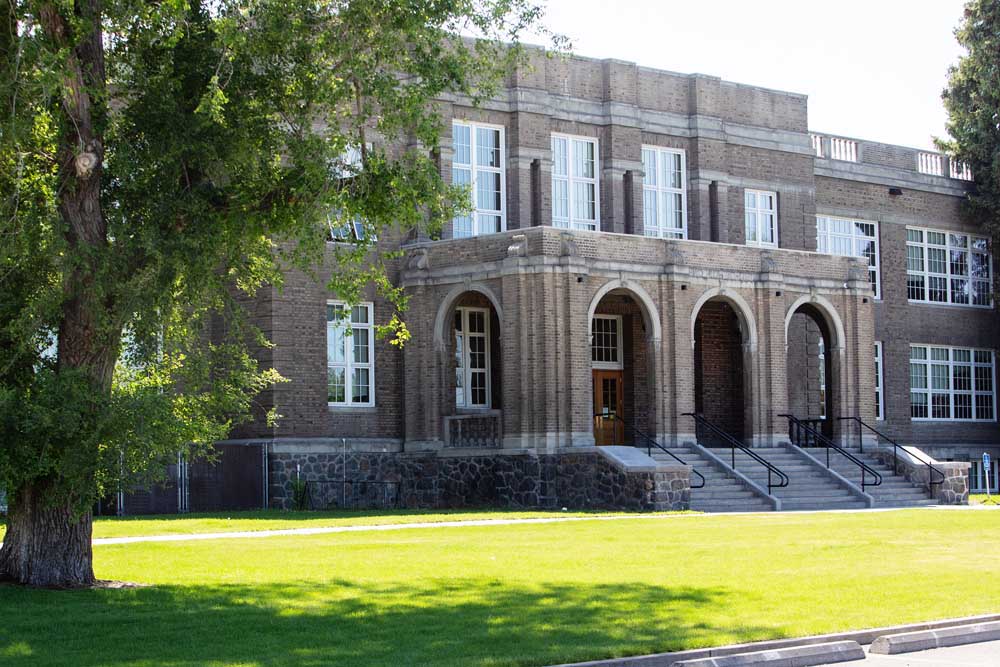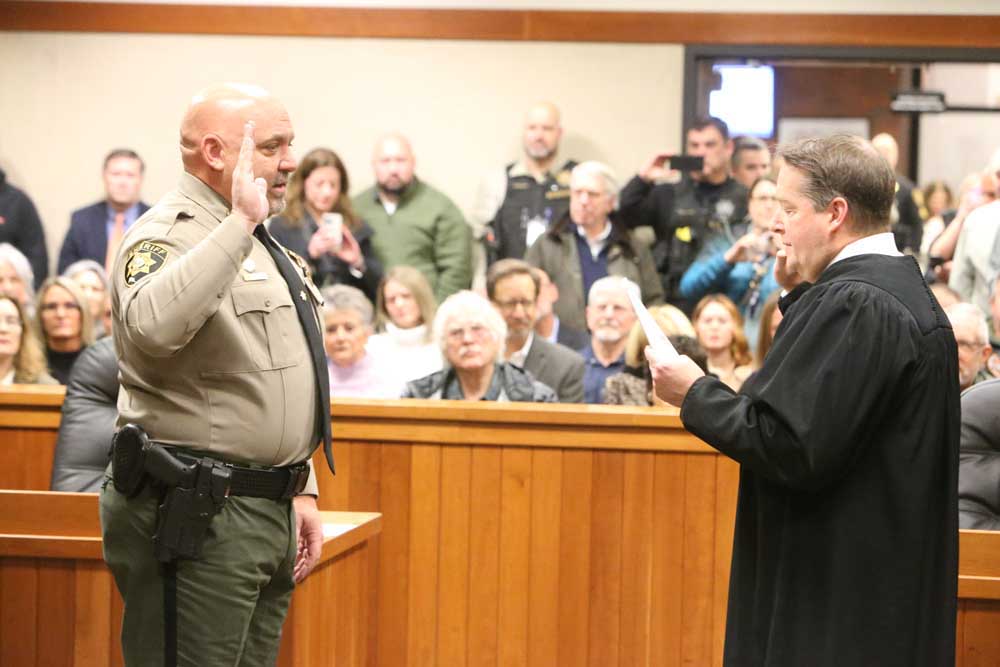Conservative leaders in U.S. move to split Episcopal Church
Published 4:00 am Thursday, December 4, 2008
WHEATON, Ill. — Conservative Anglican leaders unveiled on Wednesday the constitution and laws for a new organization intended to replace the Episcopal Church as the American arm of the Anglican Communion, which has 77 million members worldwide.
The move is the most telling sign yet that the role of gay and lesbian Christians has torn apart the first church to appoint an openly gay bishop.
Central to the new organization’s constitution is a declaration that the Bible is regarded as the “final authority and unchangeable standard.”
Dubbed the Common Cause Partnership, the leaders represent 100,000 Anglicans who believe the 2003 consecration of New Hampshire Bishop V. Gene Robinson, an openly gay man in a long-term relationship, violated the authority of Scripture.
The constitution comes in the wake of a conference held in Israel last June with leaders from more than half of the world’s 77 million Anglicans. There, the leaders outlined their intentions to, in their view, reform, heal and revitalize the Anglican Communion by adhering to a more literal interpretation of the Bible.
Important step or no big deal?
“The public release of our draft constitution is an important concrete step toward the goal of a biblical, missionary and united Anglican Church in North America,” said Bishop Robert Duncan of Pittsburgh, moderator of Common Cause Partnership. Duncan was deposed by bishops in the Episcopal Church in September.
But observers in the Episcopal Church, which has about 2 million members, say the event at Wheaton College, the same spot nearly 70 years ago where the Rev. Billy Graham began his evangelism, does not hold much significance for the rest of the Anglican Communion.
“I do not think Wednesday’s event is as big a deal as the organizers think it is,” said Rev. Ian Douglas of the Episcopal Divinity School. “Yet another threatened line in the sand.”
Theological lines
The new church is the first province to be drawn according to theological and not geographic boundaries — a dramatic departure from Anglican policy and procedure that may not get approval from the Archbishop of Canterbury Rowan Williams or other bodies that must OK it.
The new denomination will include four Episcopal dioceses that recently voted to break away from the Episcopal church — Pittsburgh; Fort Worth, Tex.; Quincy, Ill.; and San Joaquin, Calif. However, not all the parishes and Episcopalians in those four dioceses agreed to leave the Episcopal Church.
It also includes dozens of breakaway parishes in the U.S. and Canada that voted to do the same. The new church will absorb a handful of other splinter groups that left the Episcopal Church decades ago over issues such as the ordination of women or revisions to the Book of Common Prayer.






